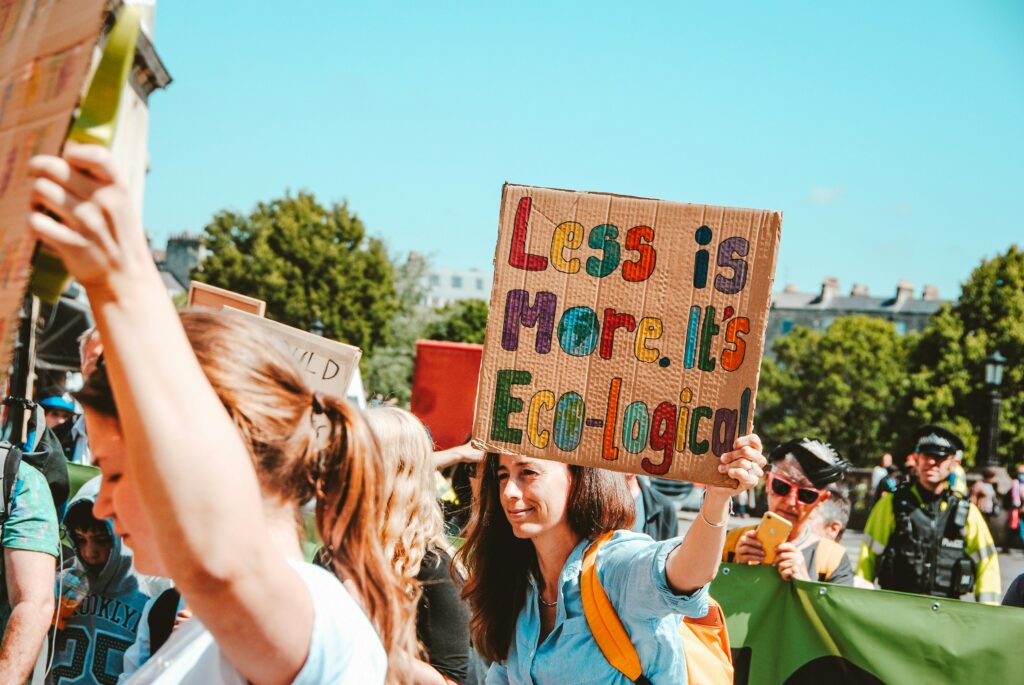
Today, the 30th of March, marks the annual UN International Day of Zero Waste. A zero waste society based on a circular model is the way forward. It has become crucial for governments, businesses and individuals to embrace zero waste to overcome the waste pollution crisis. It is an essential step in meeting the goals for the 2030 Agenda for Sustainable Development. By minimising waste production and maximising resource efficiency, we mitigate the strain on ecosystems and reduce pollution. Embracing a zero waste approach means viewing all forms of waste as a “resource”, which we at ZWAI have been advocating for since 1999. Improving collection, recycling and other forms of sound waste management remain an urgent priority. Less reliance on “energy recovery”, otherwise known as incineration, and dumping, thereby curbing harmful emissions and preserving air quality and natural habitats. Additionally, transitioning towards a circular economy where materials are reused, recycled, or repurposed not only conserves finite resources but also fosters innovation and sustainable practices.
Consumers have the capacity to shift their consumption behaviour, prioritising the reuse and repair of products before their eventual disposal. Meanwhile, governments, communities, industries, and other stakeholders must enhance financing and policymaking efforts, particularly considering the disproportionate impact of the waste crisis on marginalized groups such as the urban poor, women, and youth.
A zero waste society promotes social equity and economic resilience. By reimagining consumption patterns and production systems, we can create opportunities for local communities to thrive through job creation and entrepreneurship. Community level zero waste initiatives, such as for example repair cafes or clothes swaps, can empower individuals within communities, as well as local businesses to participate in the circular economy, fostering a sense of responsibility and collective action. Furthermore, reducing waste generation reduces the burden on municipal waste management systems, potentially lowering costs for taxpayers and freeing up resources for other essential services. In essence, embracing a zero waste ethos isn’t just about protecting the environment and biodiversity; it’s about building a more equitable, resilient, and prosperous future for all.


